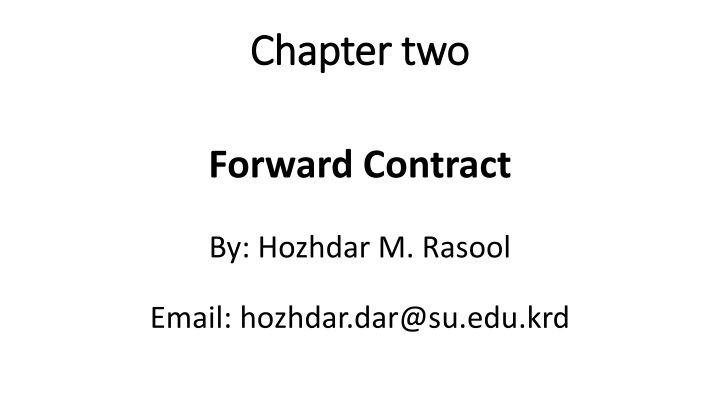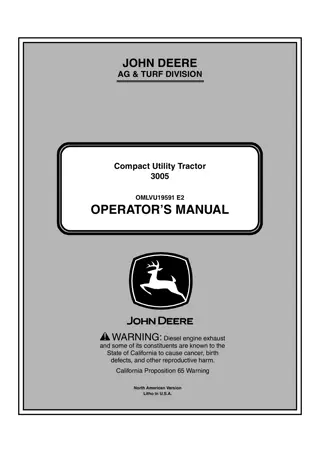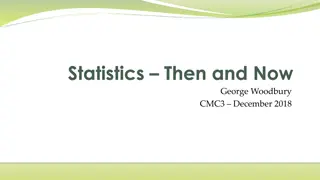
Understanding Forward Contracts in Finance
Explore the concept of forward contracts, an agreement between two parties to exchange assets at a preset price in the future. Learn about their purpose, components, risks, types, and cancellation process. Forward contracts are valuable for hedging against price fluctuations in commodities like jet fuel.
Download Presentation

Please find below an Image/Link to download the presentation.
The content on the website is provided AS IS for your information and personal use only. It may not be sold, licensed, or shared on other websites without obtaining consent from the author. If you encounter any issues during the download, it is possible that the publisher has removed the file from their server.
You are allowed to download the files provided on this website for personal or commercial use, subject to the condition that they are used lawfully. All files are the property of their respective owners.
The content on the website is provided AS IS for your information and personal use only. It may not be sold, licensed, or shared on other websites without obtaining consent from the author.
E N D
Presentation Transcript
Chapter two Chapter two Forward Contract By: Hozhdar M. Rasool Email: hozhdar.dar@su.edu.krd
Forward Contract Forward Contract A forward contract is an agreement between two parties to exchange an asset for a pre-specified price on a specific date in the future.
What Is The Purpose of Forward Contract What Is The Purpose of Forward Contract Forwards are over-the-counter contracts. Although they can be used for speculating, the customizability makes forwards very useful for hedging. For example, industries that heavily rely on a commodity such as an airline on jet fuel, can hedge the price of fuel using forwards to reduce volatile prices.
Components Components o of a Forward Contract f a Forward Contract Important components of a forward contract will include:
Risks Involved in Forward Contracts: Risks Involved in Forward Contracts: Counterparty risk: If either of the parties involved decline to honor the contract, the deal will not be completed. This is known as the counterparty risk. No regulator: This is an over-the-counter (OTC) agreement, and there is no third-party regulator involved. Simply put, there is no one to hold both parties accountable.
Types of Forward Types of Forward Contracts Contracts Closed Outright Forward: This is the simplest type of a forward contract, where both parties agree to exchange currencies at a future date by locking in an exchange price. These are also known as European contracts or Standard Forward Contracts. Flexible Forward: With flexible forwards, the parties can exchange the funds before the settlement date, often in parts, as long as the entire amount is settled by the due date. Long-Dated Forward: These have the same functionality as any forward contract, except that the settlement period often extends over more than a year. Generally, most forward contracts are short term contracts, which is what differentiates the long date forward contracts from the rest of them, Non-Deliverable Forward: Usually, parties enter into forward contracts over a physical exchange of a commodity, an asset, or currency. However, with non-deliverable forwards, the parties only exchange the difference between the contract rate and the spot rate at the time of maturity.
Cancellation of Forward Contract The forward contract can be cancelled on the maturity date or 3 days after the maturity date. Cancellation is done on a spot rate, and any profit or loss will be passed on to the customer if the same is cancelled on or before the maturity date. If the forward is cancelled any day between the 3 days grace period, then the profit will not be passed on to the customer, but any loss will be recovered from his account. A forward contract can also be cancelled before the maturity date. Apart from profit & loss calculation from spot day, the client will also have to forgo extra premium from the date of cancellation to maturity
Example Example AB party needs 10,000 barrels of oil in 3 months. They are worried about the price of oil rising, so they enter into a forward contract to purchase 10,000 barrels at $50/barrel in 3 months time. At expiration, the spot price of oil is $55/barrel. How much money was saved from entering into the forward contract? What if the spot price had instead dropped to $40?






















